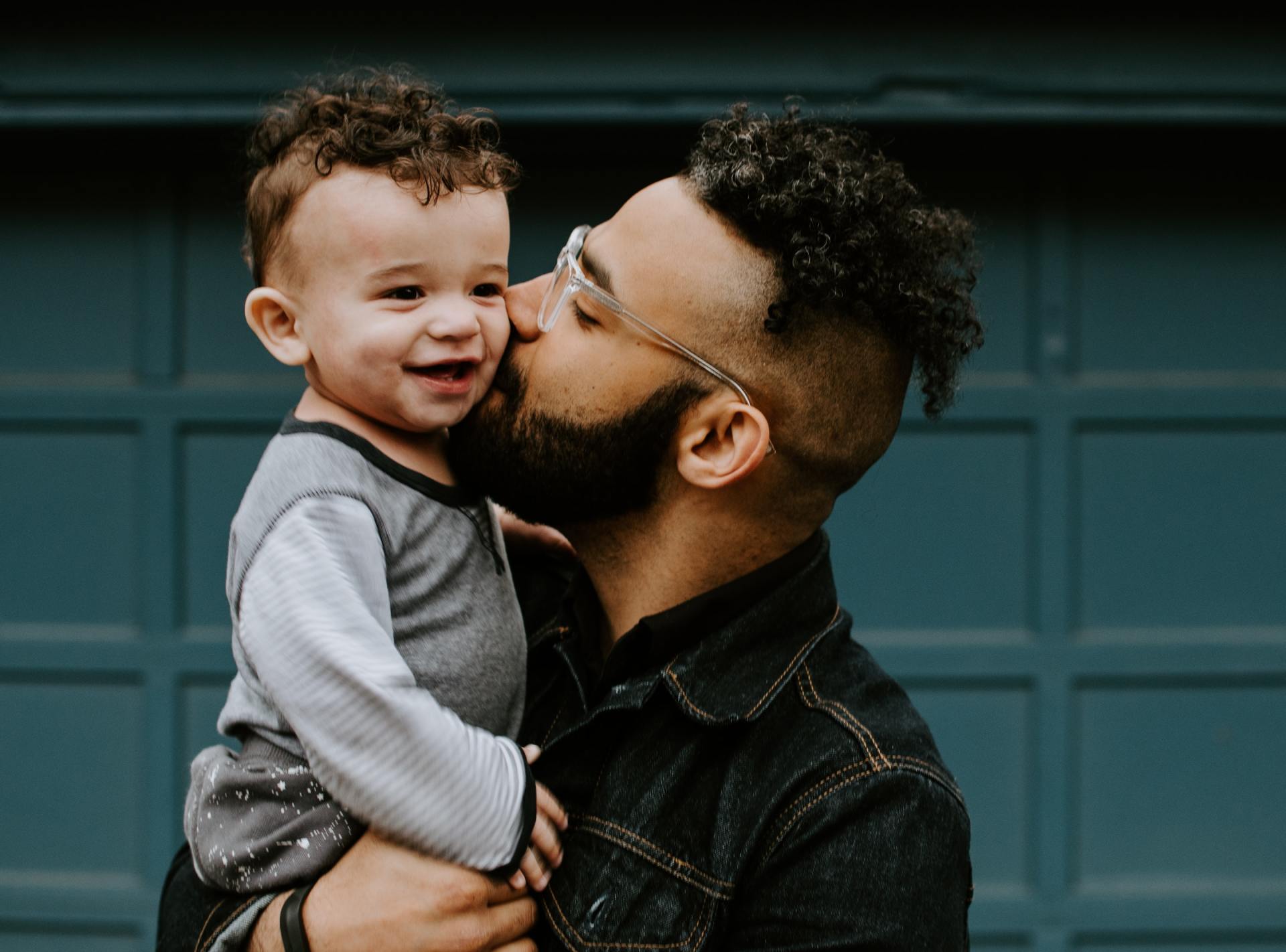You Already Have an Estate Plan in California
California's Intestacy Laws Determine How Your Property Will Be Distributed if You Don't Have Your Own Will

Did you know that in every state in the U.S. there are intestacy laws? If someone dies without a will, they are said to have died “intestate.” Each state has different laws about what happens to a person’s possessions and assets if they pass away without a will of their own. “Intestate succession” is the term to describe the process for handling an individual’s estate and distributing property when that person dies without a last will and testament. This is - effectively - the estate plan for those who didn’t make one. Is it a complete estate plan that will take care of your family exactly how you'd like? Probably not. It's a default plan for everyone in the state - not something particular to your needs.
If someone in California dies without a will and has no known heirs /close family members who would likely inherit all or some of the estate, a public administrator is appointed to administer the estate and determine if any heirs exist. Often the public administrator will use funds from the estate to hire an heir searching service to find the nearest surviving relatives. Sometimes the nearest surviving relatives are the decedent’s 4th or 5th cousins. Websites such as Ancestry.com have made it relatively easy to find heirs for most people – sometimes heirs the decedent didn’t even know existed! In the very rare case that no heirs can be found, the estate will “escheat” to the state. Escheat is the legal reversion of property to the state upon the owner’s dying without legal heirs.
Important to note here: while a will or a trust can be legally challenged in court, the intestate succession laws in California cannot be challenged. This means that even if your entire estate will end up going to a fourth cousin you barely knew, no one (including your best friend who you promised would get a specific necklace/piece of furniture/anything else) will be able to file a court case to change who will inherit what if you pass away without your own will.
What is the default plan if I pass away without a will?
Here is a quick summary of the default intestacy laws in California (please note that “decedent” is the term for the person who passed away):
- If the decedent created no will or trust and was married with no children: All assets are distributed to their surviving spouse.
- If the decedent created no will or trust and was not married but has children: All assets are distributed to the decedent’s children.
- If there is more than one child, then assets are shared equally amongst the living children. If a child predeceased the decedent, that child’s children will take that child’s share.
- If the decedent created no will or trust and was married with children: Decedent’s community property assets are distributed to the surviving spouse. Decedent’s separate property is distributed to the surviving spouse and the children, one-half to each if only child and one-third to the surviving spouse and two-thirds to the children if more than one child.
- If the decedent created no will or trust and has no spouse or children: All assets go to the decedent’s kin or heirs, based the closest relationship, e.g. first parents, then siblings, then cousins, etc..
- If the decedent created no will or trust and has no heirs or kin: All assets escheat to the state.
When do these laws apply?
In California, the laws regarding intestate succession apply when an individual dies without a will. The decedent’s relatives will be entitled to receive a portion of the estate. Assets that don’t normally go through a will and/or probate, such as retirement accounts, may be distributed according to intestate succession laws if they don’t have a named beneficiary.
Examples of assets that do not pass through intestate succession include:
- Property (including real property) that has been transferred to a trust
- Proceeds from life insurance policies that have a named beneficiary
- IRA, a 401(k), or other types of retirement account with a named beneficiary
- Payable-on-death bank accounts
- Securities held in a transfer-on-death account
- Vehicles held in a transfer-on-death account
- Property owned jointly with another individual in joint tenancy with the right of survivorship.
These types of assets pass to either the co-owner, in cases such as jointly-held property, or the beneficiary named on the account. This transfer occurs whether or not the deceased person had a will.
How are heirs determined under California intestacy laws?
“Heirs” are individuals entitled to receive property of another person upon that person’s death. “Named heirs” are those found in a will. When someone dies without a will, the intestacy laws in California determine the decedents’ heirs based upon familial relationships. Heirs will inherit property based on rules of descent and distribution.
When someone married dies intestate (without a will), the surviving spouse receives all of the community property and a portion of the separate property based on a predetermined formula set out in probate law. If the decedent was not married but has children, then the children will inherit everything equally. If the individual is unmarried with no children, but his/her parent(s) is alive, then the parent(s) will inherit everything. If an individual is unmarried and has no surviving children or parents, his/her/their siblings would inherit everything equally. Under this circumstance, if the person has no siblings, the grandparents would then inherit the property. If there are no grandparents, the decedent’s aunts or uncles would be next in line to inherit the estate, followed by cousins. Provided that no suitable family has yet been identified, Probate Code section 6402 allows the estate to be distributed to next of kin in equal degree, which would capture distant relations. In California, the term “spouse” includes registered domestic partnerships.
Who qualifies as a “child” under the intestacy laws in California?
Children are entitled to a portion of the separate property assets when a parent dies without a will. While this may seem straightforward, families are becoming increasingly complex. There are several issues to remember when considering children for intestate succession:
- Legally adopted children are entitled to the same rights as biological children.
- Foster or stepchildren may be eligible as heirs if they can prove all of the following:
- (1) the relationship began when they were minors;
- (2) the relationship continued throughout their lifetimes; and
- (3) the foster or step-parent would have adopted them, if possible.
- A biological child legally adopted by another family is not entitled to any inheritance from his or her biological family.
- Children born after the decedent’s death are considered heirs.
- Children born outside of marriage may still receive a portion of the estate if they can prove the decedent acknowledged them as children and contributed to their care.
- Any child born to the decedent’s wife or female member of a registered domestic partnership during the marriage is assumed to be the decedent’s child and entitled to a share.
- Grandchildren are only legally entitled to a portion if their parent (the decedent’s child) is not alive to receive the parent’s portion.
Intestate succession can get complicated, especially when we consider how the law interprets terms differently (like “children” ) than how most people use the term. There are many details in California intestacy laws that may or may not be relevant depending upon the unique factors of any particular case. For instance, a person must outlive the decedent by 120 hours to be eligible to inherit any property. Further, these intestacy laws are often not in alignment with the decedent’s actual wishes and intentions. While no one wants to consider their own demise, it’s better to plan for it far ahead of time. You can have peace of mind knowing that your wishes will be carried out with a legal and valid estate plan, instead of the plan the state already has for you.
If you're interested in making your own estate plan, please reach out to us to schedule a consultation. We'd love to help you get started!





















